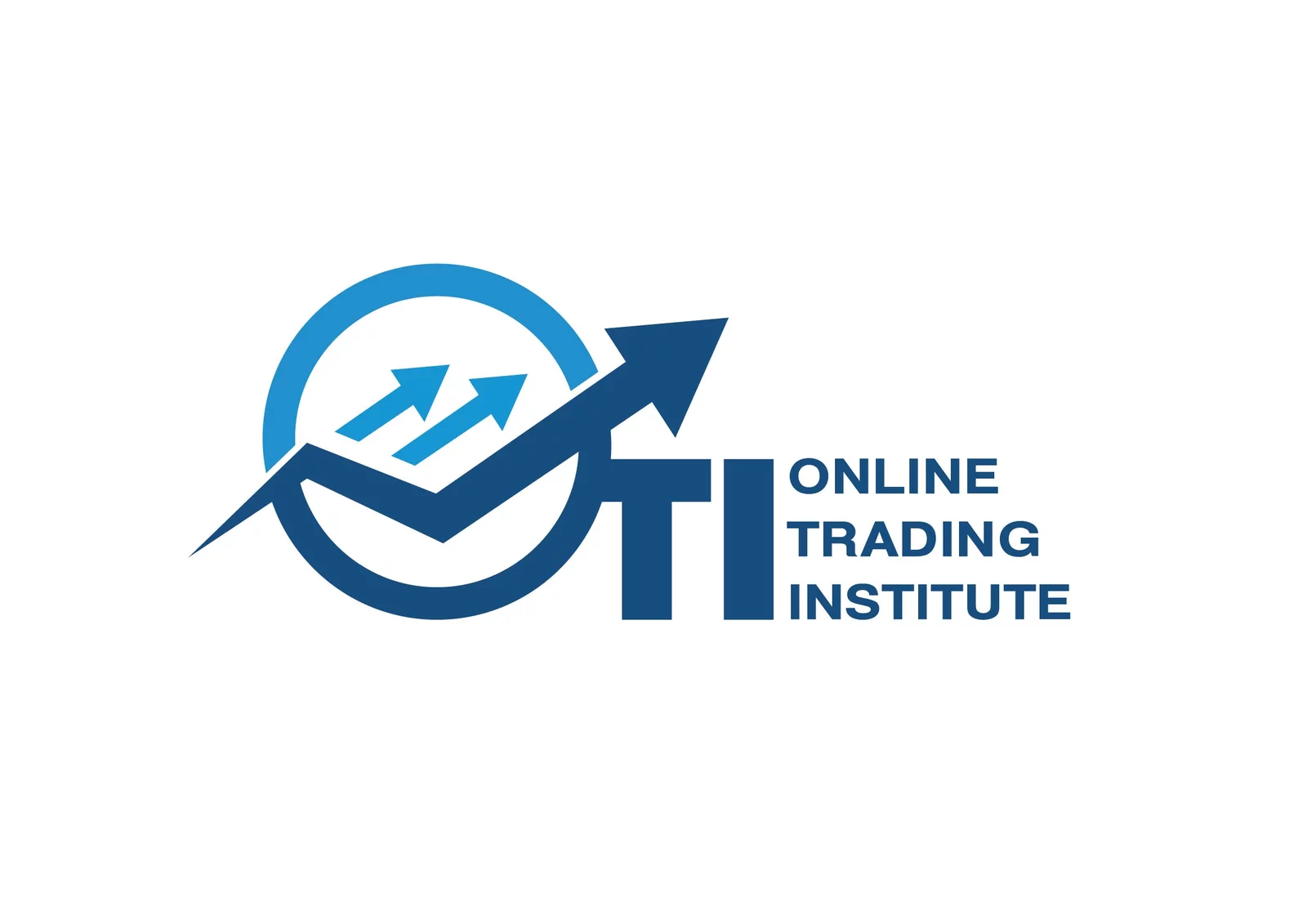A common option for people wishing to diversify their financial portfolio and protect themselves from market fluctuations has always been to invest in gold, especially in India.
The Sovereign Gold Bond (SGB) scheme is one way to make these kinds of investments; it offers the advantages of a government-backed investment along with the stability of gold.
We’ll go into the specifics of Sovereign Gold Bonds in this post, including their benefits, and related risks, as well as how they operate and how to purchase them online.

What are sovereign Gold Bonds?
The Indian government offers financial products called Sovereign Gold Bonds (SGBs), which let people make dematerialized, paperless gold investments.
The Reserve Bank of India (RBI), acting on behalf of the government, is the issuer of these bonds, which have a face value in grams of gold.
How do SGBs work?
Sovereign Gold Bonds operate on a straightforward principle. These bonds are purchased in multiples of grams of gold, and the investment is measured in grams.
The bonds have a fixed term, usually eight years, with an option to withdraw after the fifth year. Interest on these bonds is paid semi-annually and is credited directly to the investor’s bank account.
The interest rate is fixed and linked to market interest rates. The capital gains tax on SGB redemption to a person has been eliminated. Furthermore, these bonds can be utilised as loan collateral.
How to Buy Sovereign Gold Bonds Online?
Buying Sovereign Gold Bonds is a simple process, especially with the convenience of internet transactions. Here’s a step-by-step procedure:
Step 1: Have a Demat Account – Because Sovereign Gold Bonds are issued in dematerialized form, you must have a Demat account.
Step 2: Check for Issuance – The government issues sovereign gold bonds on a regular basis. Keep an eye out for announcements and confirm the issue schedule with authorised banks, financial institutions, and the Reserve Bank of India’s official website.
Step 3: Visit Authorised Banks or Financial Institutions – Make contact with authorised banks or financial institutions that offer the Sovereign Gold Bond scheme. Nationalised banks, private banks, designated post offices, and stock holding corporations are a few of these.
Step 4: Submit KYC Documents – Complete the Know Your Customer (KYC) documentation, which includes verification of identity, address, and other information.
Step 5: Fill the Application Form – Fill out the form provided by the issuing authority. Enter the amount of gold you want to deposit in grams.
Step 6: Make Payment – Pay for the bonds using internet banking or any other accepted payment method. Payment can be done in cash, by check, or by demand draft (DD).
Step 7: Receive Confirmation – If the payment is successful, you will receive confirmation of your investment, and the bonds will be deposited to your Demat account.
Sovereign Gold Bond Scheme
The Sovereign Gold Bond (SGB) Scheme is an effort supported by the Indian government that allows investors to purchase gold in the form of bonds.
The Sovereign Gold Bond Scheme, launched by the Reserve Bank of India (RBI) on behalf of the Government of India, intends to encourage individuals to engage in financial assets related to gold rather than physical gold.
Key Features of Sovereign Gold Bond Scheme:
Dematerialisation Form
Sovereign Gold Bonds are issued in a dematerialised or electronic form, which eliminates the need for physical certificates. To hold these bonds, investors must have a Demat account.
Tenor and Exit Option
The average tenor of Sovereign Gold Bonds is eight years. However, investors can opt out after the fifth year. This gives investors who may need to liquidate their investment before maturity more flexibility.
Interest Payment
The bonds have a fixed interest rate that is paid semi-annually. The interest is computed on the nominal value of the investment and credited immediately to the investor’s bank account.
Subscription Period
The government opens subscription periods for the issuing of Sovereign Gold Bonds on a regular basis. During the indicated subscription opening, investors can apply for these bonds.
Issuance Price
The price of the Sovereign Gold Bond is linked to the current market price of gold. The issue price is usually lower than the market price, which encourages investors to participate.
Eligibility
Individuals, HUFs (Hindu Undivided Families), trusts, universities, charity institutions, and minors with a guardian are all eligible for the Sovereign Gold Bond Scheme.
Tradability
Sovereign Gold Bonds are tradable on stock markets, providing investors with liquidity. Before the bonds mature, investors can sell them on the secondary market.
Collateral for Loans
Investors can use Sovereign Gold Bonds as loan collateral, offering an extra source of funding.
Advantages of Buying Sovereign Gold Bonds
- Safety and Security: Sovereign Gold Bonds are backed by the Government of India, giving investors a high level of safety and protection.
- Interest Income: Investors get fixed interest income semi-annually, providing a consistent income stream in addition to the possible gain in the value of gold.
- No Making Charges or Storage Costs: Sovereign Gold Bonds have no making or storage charges, unlike actual gold.
- Liquidity: SGBs are listed on stock exchanges, providing investors with liquidity. They can be sold on the secondary market before they reach maturity.
- Tax Benefits: Individuals who buy SGBs are immune from capital gains tax. Furthermore, the interest earned is taxed but qualifies for indexing benefits.
Risks in Involved in Buying Sovereign Gold Bonds
- Market Price Volatility: The market price of gold can be volatile, and the value of SGBs in the secondary market can fluctuate depending on market conditions.
- Interest Rate Risk: Because the interest rate on Sovereign Gold Bonds is set, changes in market interest rates may affect their appeal.
- Early Redemption Penalties: While there is an escape option after the fifth year, redeeming the bonds before maturity may result in penalties.
- No Physical Possession: Some investors like to own gold in person. SGBs do not allow for the physical custody of gold.
Conclusion
Sovereign Gold Bonds are a one-of-a-kind investment opportunity that combines the appeal of gold with the stability and support of the Government of India.
Understanding the process of buying SGBs, as well as the qualifying criteria, benefits, and risks is critical for making informed investment decisions.
Before diving into the world of Sovereign Gold Bonds, as with any investment, you should carefully consider your financial goals, risk tolerance, and investment horizon.
Get access to market news, updates and trends; follow our telegram channel@onlinetradinginstitute
| Disclaimer: The sole purpose of our financial articles is to provide you with educational and informative content. The content in these articles does not intend any investment, financial, legal, tax, or any other advice. It should not be used as a substitute for professional advice or assistance. |
